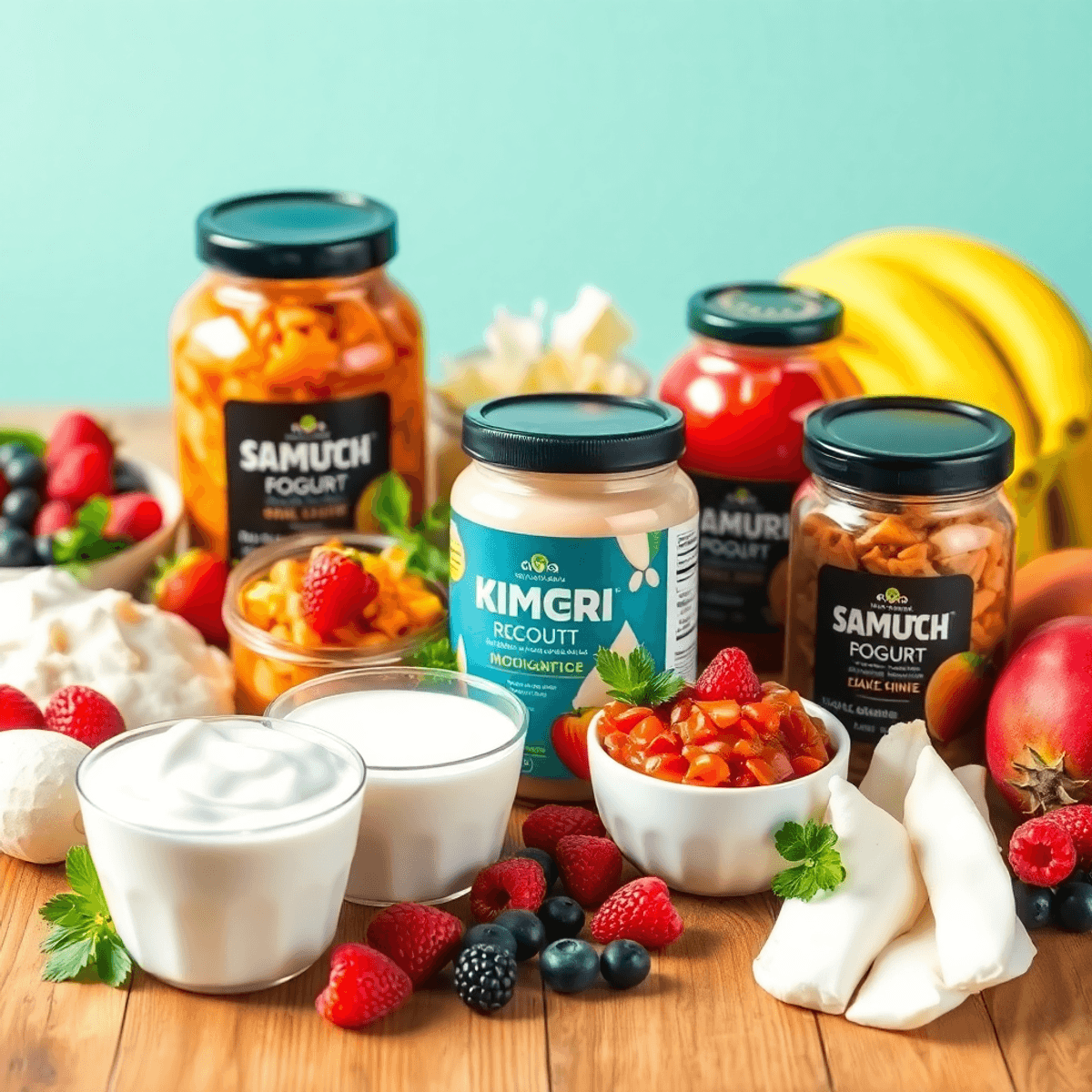Undoubtedly, having a robust immune system is vital in protecting your body against various infections and diseases. Apart from regular physical exercise, good hygienic practices and maintaining a balanced diet, proper intake of nutritional supplements can significantly boost your immunity. This article takes a detailed look into immune enhancement through nutritional supplements, the benefits, and the recommended dosages.
Our immune system constitutes different cells and proteins that perform tasks to ward off pathogens. Zinc, selenium, iron, copper, and vitamins like A, C, E, B6, and B12, are some of the crucial nutrients that our immune system requires to function optimally. Nutritional supplements come in handy for the provision of these essential nutrients.
Beginning with Zinc, this mineral plays an instrumental role in immune cell development and communication. Notably, it has a direct impact on our body’s inflammatory response. It promotes the function of T-cells, which guide and regulate immune responses while also attacking infected or cancerous cells. A deficiency in zinc can lead to a weakened immune system. Zinc supplements, therefore, can ensure sufficient amounts in the body, thus boosting immunity. The recommended daily intake for adults stands at 11mg for men and 8mg for women.
Vitamin C, also known as ascorbic acid, is a potent antioxidant that boosts the immune system by encouraging the production of white blood cells, which combat infections. Besides, it helps in the management of possible oxidative stress which can inhibit the normal functioning of cells. Experts suggest daily intake of 65-90mg vitamin C for adequate immune support.
Similarly, vitamin D is crucial in immune enhancement. Although our bodies can produce this vitamin naturally when exposed to sunlight, there are specific foods and supplements that can supplement its amount. It influences both innate and adaptive immune responses. Studies indicate that deficiency in vitamin D is linked to increased susceptibility to infection. Adults are recommended a daily intake of 10-20 micrograms.
Selenium, a vital mineral, helps lower oxidative stress in the body, thus reducing inflammation and enhancing immunity. According to the NIH, selenium deficiency can harm immune cell function and may lead to a slower immune response. The daily recommended intake of Selenium is 55 micrograms for adults.
Further, Omega-3 fatty acids, known for their anti-inflammatory properties, are useful in regulating immunity. These fatty acids, especially eicosapentaenoic acid (EPA) and docosahexaenoic acid (DHA), are beneficial for immune enhancement. They are popularly found in fish oil supplements.
Moreover, probiotics, the ‘good’ bacteria, encourage the growth of gut microbiota, which directly contributes to a stronger immune system. This is because a significant part of the immune system is housed in the gut, known as Gut Associated Lymphoid Tissue (GALT). Probiotic supplements help balance the body’s microbiota, thereby improving immune response.
Equally, amino acids like L-arginine and L-glutamine play crucial roles in immune health. They fuel the cells and elevate the body’s oxidative capacity, improving your immune system function.
However, before embarking on taking any supplement, it is essential to consult with a healthcare professional. This is because some supplements may interact with medications or have side effects. Moreover, while some people may require supplements due to certain health conditions or dietary restrictions, others can comfortably meet their nutritional needs from a balanced diet.
To sum up, nutritional supplements can significantly contribute to immune enhancement. They bridge the gap of nutrient deficiencies and support a fully functional immune system. Through the intake of supplements such as Zinc, Vitamins C and D, Selenium, Omega-3 fatty acids, probiotics, and amino acids, our bodies can better ward off infections and diseases. Optimal immunity, therefore, rests not only on maintaining a healthy lifestyle but also watching our nutrient intake — the latter becoming more achievable through nutritional supplements.
Integrating SEO keywords: Immune system, nutritional supplements, Zinc, Vitamin C, Vitamin D, Selenium, Omega-3 fatty acids, Probiotics, Amino acids, immune enhancement.
Discover more from NatureZen Market
Subscribe to get the latest posts sent to your email.









